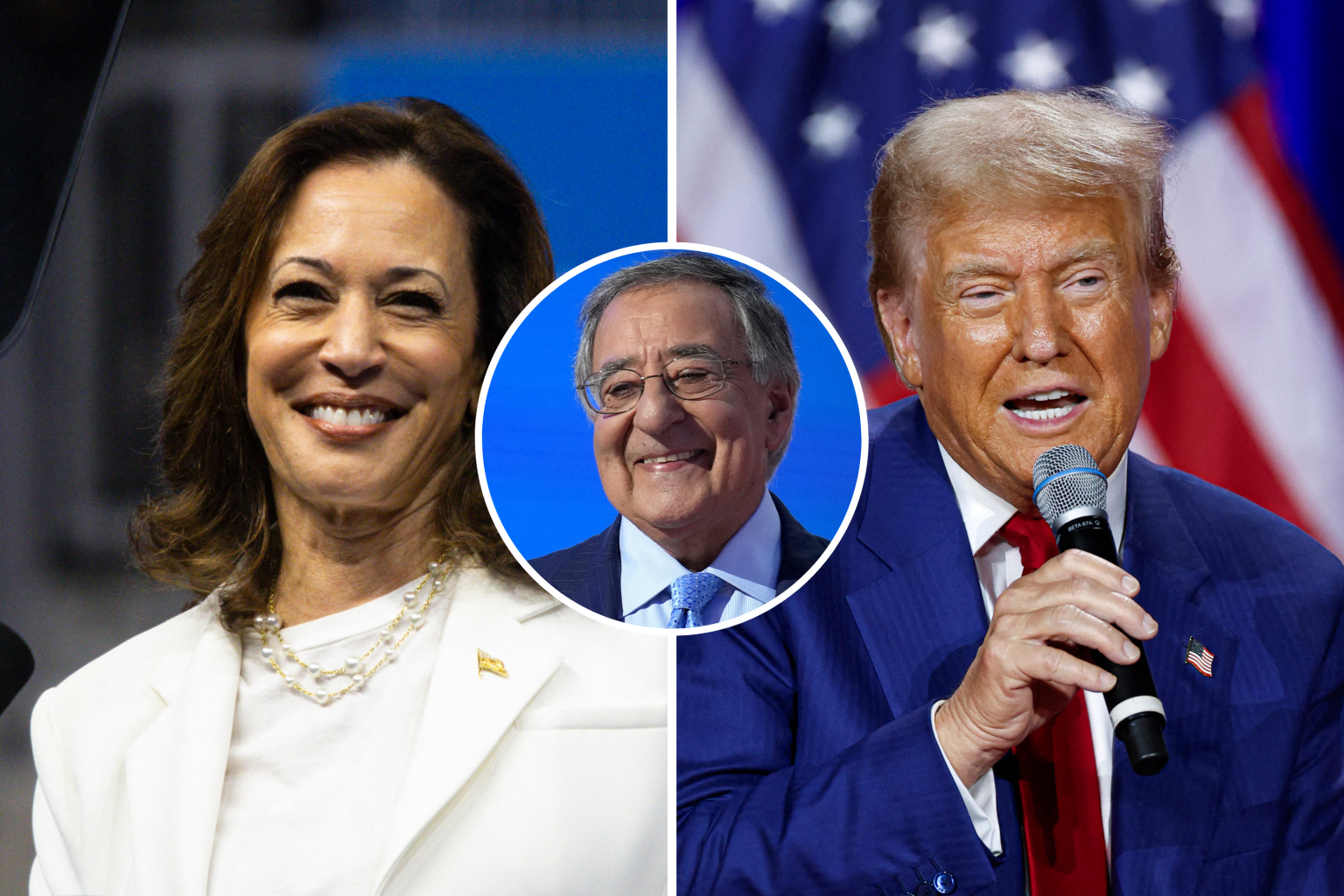Former Secretary of Defense Leon Panetta has placed blame on former President Donald Trump for the chaotic withdrawal of the U.S. from Afghanistan. Panetta’s statements came in response to Trump and his running mate, Sen. JD Vance, trying to blame Vice President Kamala Harris for the situation in which 13 Americans lost their lives. Panetta highlighted that it was Trump’s administration that negotiated with the Taliban, and they essentially gave them everything they wanted, leading to a disastrous outcome in Afghanistan. Despite Trump’s attempts to shift the blame, Panetta emphasized that the responsibility lies with the Trump administration.
The dramatic events in Afghanistan, including explosions and a suicide bombing at the Hamid Karzai International Airport that killed 183 people, including 13 United States military members, have brought attention to the handling of the withdrawal. President Joe Biden paid tribute to the fallen service members following the attack and faced criticism for the manner in which the withdrawal was carried out. The Taliban’s multiple assurances that they would not allow such attacks were shattered by the tragic incident, creating a sense of instability and chaos in the region.
Trump’s deal with the Taliban in February 2020, which set an initial timetable for the withdrawal of US service members from Afghanistan, is now under scrutiny. Panetta recognized that while Biden had the option to deviate from the plan put in place by the Trump administration, both administrations were intent on ending the military presence in Afghanistan. Despite Trump’s claims that the withdrawal could have been executed with dignity and strength, the realities on the ground painted a different picture, prompting questions about the handling of the situation.
The aftermath of the events in Afghanistan led to a wreath-laying ceremony at the Arlington National Cemetery in honor of the fallen service members. Trump’s campaign reported an incident at the cemetery, involving a physical altercation between Trump campaign members and an official. The cemetery prohibits political campaign or election-related activities, highlighting the sensitive and solemn nature of the space. Trump’s attendance at the ceremony, along with his treatment of the Gold Star families, drew attention to the way political figures engage with such somber events.
While Trump and his campaign spokesman Steven Cheung attempted to downplay the incident at the cemetery, the broader implications of the Afghanistan withdrawal continued to resonate. The need to support the families of the fallen service members and ensure that they receive the necessary assistance and recognition was emphasized by White House spokesman John Kirby. The complexities of navigating political responses, media coverage, and public perception in the aftermath of such tragedies underscore the challenges faced by leaders and officials in addressing national security crises.
The ongoing debates between Trump, Panetta, and other political figures regarding the Afghanistan withdrawal underscore the complexities of foreign policy decisions and the political ramifications that follow. As the United States grapples with the fallout from its military engagement in Afghanistan and the geopolitical shifts in the region, the need for accountability, transparency, and strategic planning remains paramount. The tragic loss of life, the impact on global perceptions of the U.S., and the challenges of navigating post-conflict situations all contribute to the urgent need for reflection, dialogue, and action to prevent such crises in the future.


